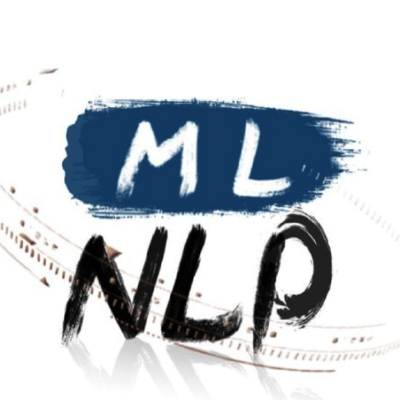transagents by  minghao-wu
minghao-wu
Research paper on multi-agent LLM framework for literary translation
Top 56.2% on SourcePulse
TransAgents is a novel multi-agent framework designed for translating ultra-long literary texts, addressing the complexities of literary translation by mimicking a human translation company. It leverages LLMs to enable collaborative translation, aiming to improve quality and consistency for literary works.
How It Works
TransAgents employs a multi-agent system that simulates a professional translation workflow. Different agents, powered by LLMs, are assigned specific roles such as translation, editing, and quality assurance. This collaborative approach allows for iterative refinement and specialized handling of nuances in literary texts, aiming for a more nuanced and contextually appropriate output than single-model translations.
Quick Start & Requirements
- Demo System: Available at http://www.transagents.ai.
- Dependencies: Requires access to LLM APIs (e.g., GPT-4o). Specific code installation details are not provided in the README.
Highlighted Details
- The framework is presented as a virtual translation company, mirroring traditional publication processes.
- Case studies demonstrate TransAgents's performance in cultural adaptation, global consistency, and content omission compared to GPT-4 and human references.
- Professional translator feedback suggests TransAgents offers greater literary expressiveness and depth, though it may deviate more from the source text.
Maintenance & Community
- The project is associated with Monash University and Tencent AI Lab.
- Updates and releases are announced via GitHub, with a demo system and translation outputs already available.
Licensing & Compatibility
- The repository does not explicitly state a license. The provided citation is for an arXiv preprint.
Limitations & Caveats
- The README notes that both TransAgents and GPT-4-1106-preview exhibit issues with content omission in certain cases.
- Detailed installation instructions for the code itself are not provided, suggesting the primary interaction method is via the demo system.
3 months ago
Inactive

 zhilizju
zhilizju oomol-lab
oomol-lab jxq1997216
jxq1997216 fkirc
fkirc linyuxuanlin
linyuxuanlin neavo
neavo Azure
Azure GalTransl
GalTransl MLNLP-World
MLNLP-World skindhu
skindhu andrewyng
andrewyng yihong0618
yihong0618